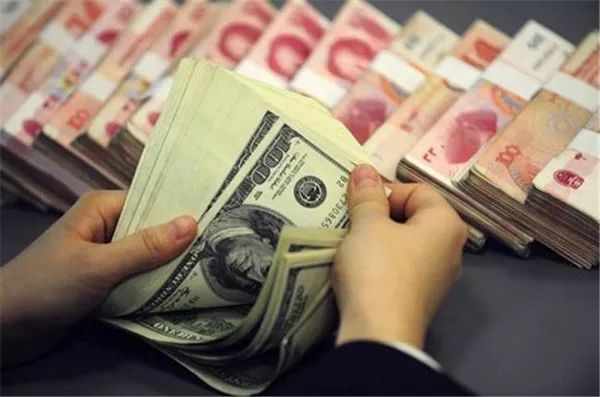The Euro extended its decline against the US Dollar for a second consecutive session on Monday, with the EUR/USD pair trading around 1.1540 during the Asian market hours. The ongoing depreciation comes as demand for the safe-haven US Dollar rises in response to escalating conflict in the Middle East.
Tensions surged after Israel launched a series of strikes targeting Iranian nuclear facilities and missile production sites on Friday. In retaliation, Iran fired missiles at Israeli targets late Sunday, with a notable explosion reported in the coastal city of Haifa. Despite widespread international calls for restraint, Israel has continued its military operations, focusing on strategic targets across Iran, according to CNN.
Further heightening concerns, Iran initiated what it calls the “fourth phase” of its operations against Israel on Sunday, as reported by Iranian state media outlet Mehr News. Iranian authorities have warned that they will “respond firmly to any adventurism,” signaling a prolonged period of heightened risk in the region.
This volatile backdrop has strengthened the US Dollar, driven by its traditional role as a global safe haven in times of geopolitical turmoil. The Dollar also gained additional support from stronger-than-expected US economic data released late last week.
The University of Michigan’s Consumer Sentiment Index surged to 60.5 in June, up from 52.2 in May and significantly surpassing market expectations of 53.5. This improvement in consumer confidence bolsters the argument for a stable near-term economic outlook in the US.
Despite these developments, the Federal Reserve is widely anticipated to leave interest rates unchanged in its upcoming policy decision on Wednesday, maintaining its target range of 4.25%–4.50%. However, market participants are increasingly pricing in a 25 basis point rate cut by September amid signs of cooling inflation.
While the Euro faces pressure from the stronger Dollar, downside risks for the EUR/USD pair may be limited. Recent speculation suggests the European Central Bank (ECB) could pause its monetary easing cycle to evaluate the potential economic impact of newly imposed US tariffs. This cautious stance may lend near-term support to the common currency.


